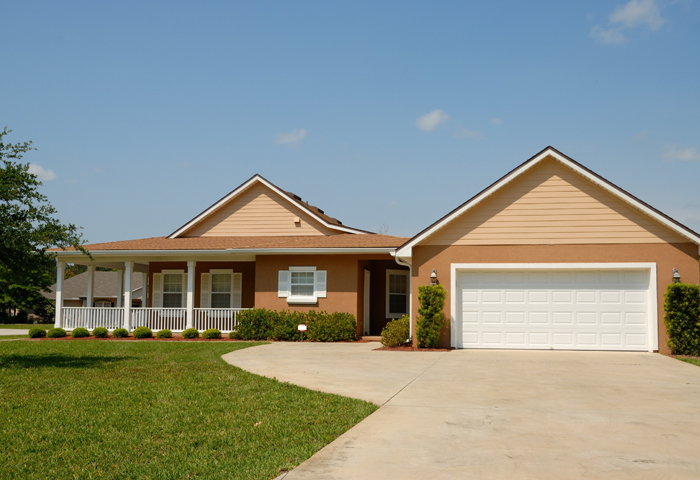How To Sell A House

We have a comprehensive guide that will outline exactly how you can go about selling your house. Through the guide, we explain each step that you will need to take when you are looking to process selling your home.
1. First, Decide If You Should Sell
The first thing you need to figure out is whether or not you want to sell. If you are looking to sell because you want to upgrade the space you have available, it might be worth checking out whether it would be better to simply add an extension to your home instead. The costs of selling your home can get substantial especially when you factor in stamp duty. Adding to your home could end up saving you money.
However, if you are looking to downsize, selling might be the best and only viable option. There are plenty of pros and cons to consider when you are thinking about your options.
2. Understand Your Finances
Before selling your house, you will want to get a good idea of how much it’s worth. This is a good way to figure out what you should be selling your house for because you can accurately calculate how much money will be left if you still have more mortgage left to pay. You can check out our instant free valuation tool. You’ll want to get some mortgage paperwork or talk to your lender to check if you need to pay either early repayment charges or switch to a new lender.
Home photography is one of the best ways for displaying your home to buyers. A photography service will really bring the best out of your homes. Especially, a drone photographer will highlight the scale of your property, along with maximizing the importance of its location within the full context of its surroundings.
If you are aiming to make a move to a property that is more expensive or your mortgage is coming to a close, it’s a good idea to get it remortgaged. You can talk with our mortgage partners without paying a fee to see how much it would cost you to borrow and what lenders can offer you the best deal. From the start, your numbers will be approximate. After all, you don’t know exactly what you will sell for. Because of this, you’ll only get a precise redemption when you’ve agreed to a sale price and when you’ve exchanged contracts. You want to plan every step throughout this process to ensure you don’t get held up at any step.
To give you some idea of the costs that are involved with selling and to help you allocate your budget, you can read our guide on the trust cost of selling right here.
3. Should You Rent or Buy?
The fact is, selling your home and renting might add more expenses over the short term, but it could end up saving you money over the long haul. Not only does it reduce the need of finding a new home immediately, but it also means you don’t have to sell your home within a certain period too. This means you can get a better sale price on your home without any pressure to take a lesser price. You can also wait to purchase a home when the market is ideal for buyers. You also get to do your due diligence when buying a new home which can help you avoid making costly and critical mistakes during the search process.
4. Choose An Estate Agent
While you could potentially sell your home on your own, you’ll want to use a professional. Get help from a local estate agent. Try to research a good one so you are well-represented.